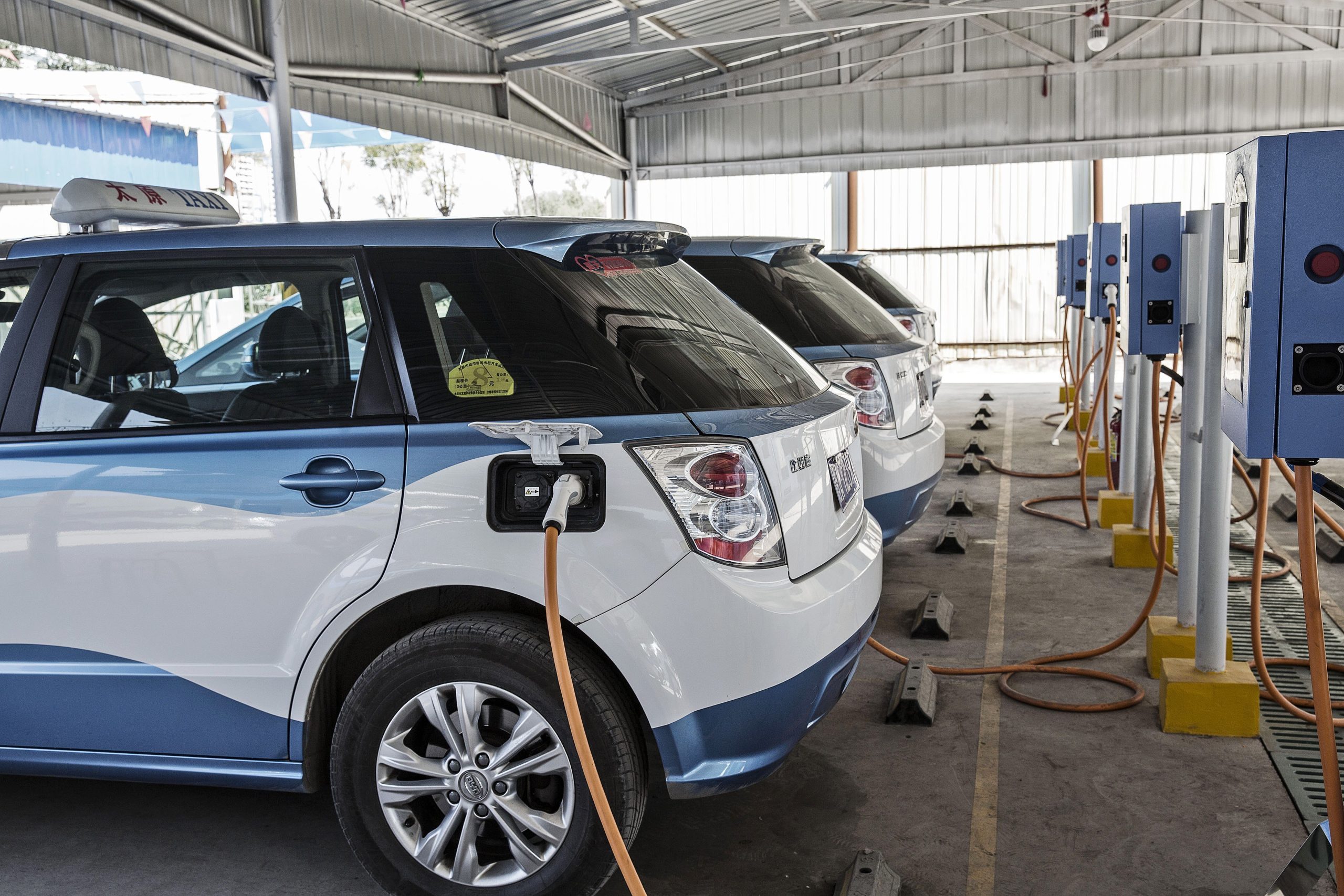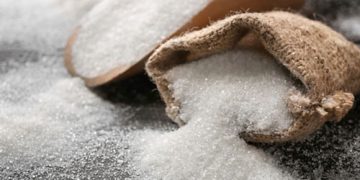Pakistan’s weekly inflation remained elevated, marking a 41.90 percent year-on-year increase in the week ending on November 16, mainly due to the rising cost of gas, the Pakistan Bureau of Statistics (PBS) reported on Friday.
Measured by the Sensitive Price Index (SPI), the weekly inflation also increased by staggering 9.95pc on a week-on-week basis, according to official data released by the Pakistan Bureau of Statistics (PBS).
The SPI for the week under review in the above-mentioned group was recorded at 309.09 points as compared to 281.12 points during the past week, the date revealed.
During the week, out of 51 items, prices of 25 (49.02 percent) items increased, 13 (25.49 percent) items decreased and 13 (25.49 percent) items remained stable.
The items that recorded an increase in their average prices on a week-on-week (wow) basis, included gas (480.0pc), tea packet (8.88pc), pulse masoor (5.28pc), chicken (3.99pc), garlic (3.09pc), salt powdered (2.93pc), wheat flour (2.64 pc), tea prepared (2.07pc), LPG (2.03pc), potatoes (2.00pc), and shirting (1.10pc).
The items, which recorded a decrease, included electricity charges (16.06pc), tomatoes (11.16pc), sugar (4.24pc), diesel (2.15pc), onions (1.49pc), vegetable ghee 1 kg (1.39pc), petrol (0.73pc), cooking oil 5 litre (0.65pc), rice irri-6/9 (0.42pc), vegetable ghee 2.5 kg (0.28pc) and gur (0.27pc).
It is pertinent to mention here that Pakistan’s caretaker government approved a 3900 percent increase in natural gas prices for different categories of consumers0
The average gas cost for protected consumer slabs (0.25hm3 to 0.9hm3) would jump by up to 300pc, while their annual bill is estimated to rise by up to 150 per cent.
The tariff increase for commercial consumers has been jacked up to Rs3,900 per mmBtu, Rs4,400 per unit for cement factories and Rs3,600 per unit for CNG stations.















































